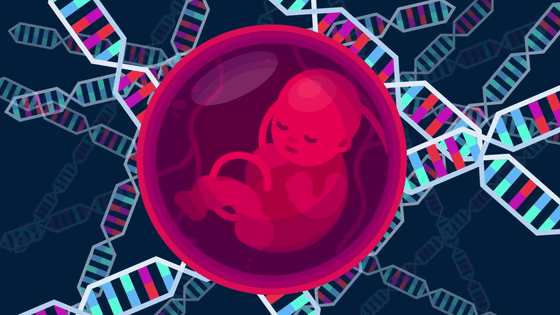The Role of AI in Medicine
- RRHS ScienceNHS
- Apr 3, 2024
- 2 min read

By: Tanishka Gupta
Artificial Intelligence (AI) stands as a transformative force in shaping the future of medicine, promising groundbreaking advancements across various facets of healthcare. Its integration revolutionizes diagnostics, treatment methodologies, patient care, and research, catalyzing a paradigm shift in the entire healthcare landscape.
AI's prowess in data analysis and pattern recognition accelerates the interpretation of medical imaging, aiding in the early detection and precise diagnosis of diseases. Machine learning algorithms scrutinize immense datasets to identify subtle anomalies undetectable to the human eye, enhancing accuracy and expediting critical interventions. Moreover, AI augments personalized medicine by leveraging patient-specific data to tailor treatments. Predictive analytics models forecast disease progression, enabling proactive interventions and personalized therapies. This individualized approach not only improves outcomes but also minimizes adverse effects by considering a patient's unique genetic makeup, lifestyle, and environmental factors.
In clinical settings, AI-powered chatbots and virtual assistants streamline administrative tasks, schedule appointments, and offer round-the-clock patient support, optimizing healthcare delivery and improving accessibility. Furthermore, AI fuels drug discovery and development, expediting the identification of potential drug candidates and significantly reducing research and development timelines. AI algorithms swiftly analyze vast molecular datasets, facilitating the design of targeted therapies for complex diseases. Ethical considerations surrounding AI implementation, including data privacy, algorithmic bias, and regulatory frameworks, remain crucial. Collaboration between healthcare professionals, technologists, and policymakers becomes imperative to harness AI's potential ethically and responsibly.
In the future, AI-driven innovations hold promise in democratizing healthcare, bridging gaps in access, affordability, and quality of care. As technology evolves and AI algorithms continue to advance, the synergy between artificial intelligence and medicine will undoubtedly redefine the standard of healthcare, fostering a future where precision, efficiency, and patient-centricity prevail.




Because I am a person who is interested in both healthcare field and AI, this post about AI technology implied to healthcare field is very interesting. After seeing this, I got interested more about intersection of AI and healthcare, more benefits it can bring us, and most importantly, what are some negative aspect that this change can bring.
I appreciate your expert insights. I think this article touches on some of the top AI applications in healthcare, from improving diagnostic accuracy to accelerating drug discovery. It’s amazing to think about how AI-driven innovations could make healthcare more affordable and accessible in the future!
It is fascinating how the advancements of Artificial Intelligence (AI) can help revolutionize new innovations in different areas, including medicine. The power of AI can help fuel new discoveries and and implement new ideas that may help improve healthcare for all. However, AI is still so new that we do not know much about it. With the right intentions, AI can help drive the way for personalized healthcare and precision medicine.
It's so cool to me how AI can be used as such a positive tool in advancements throughout our world whether it's through medicine, business & industry, or simple daily tasks! Since AI is so new, who knows the possibilities it can achieve in healthcare down the line. Complications that doctors may have faced prior to the introduction of AI have the possibility of being solved and garuntee the quality of life to so many people!
Wow this is nicely written! I really the use and accuracy of AI is not only going to play a role in resolving a healthcare issue at hand but it will also illuminate issues prior to it's beginning. In the sense it's going to completely transform the phenomenon of "preventative care" and help detect diseases in its earlier stages as well. The opportunities and potential are endless with the bridging of technology and medicine!